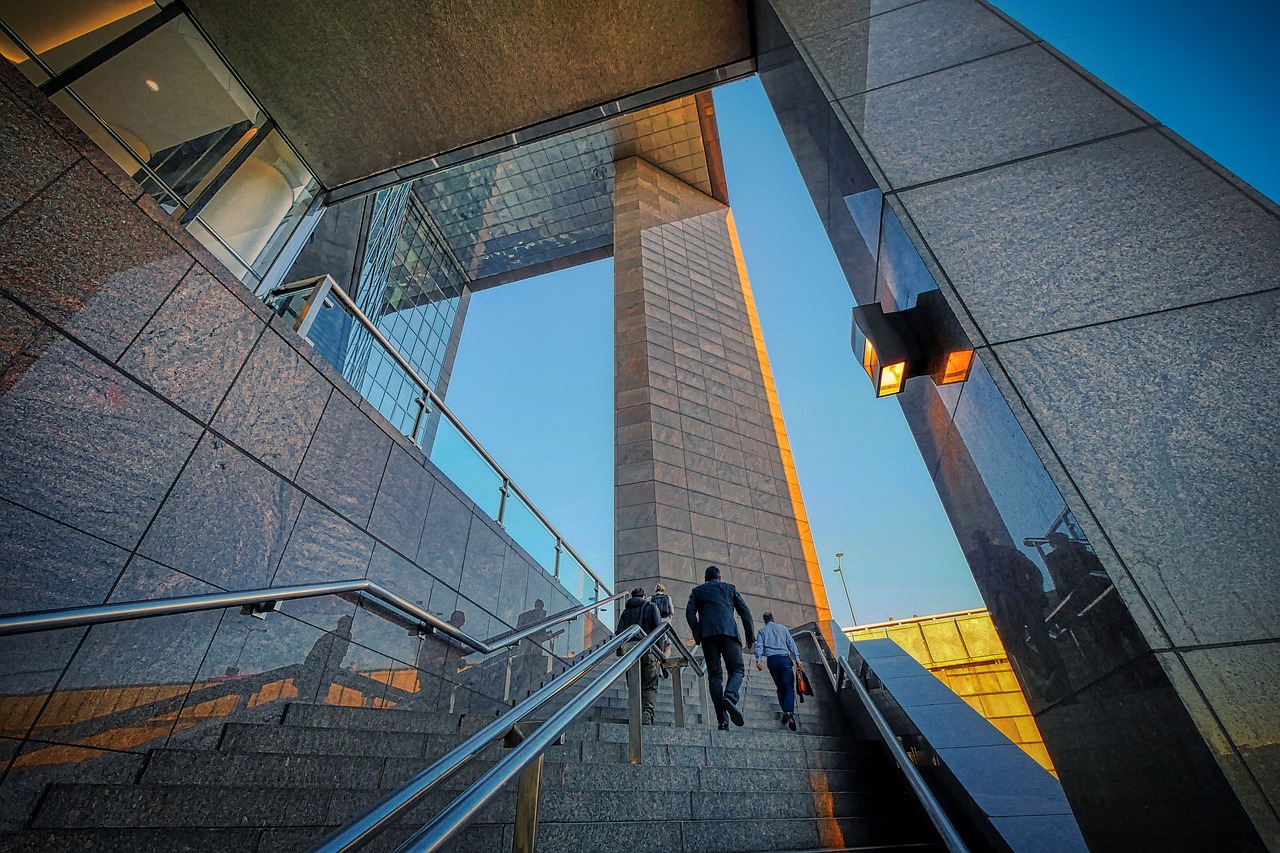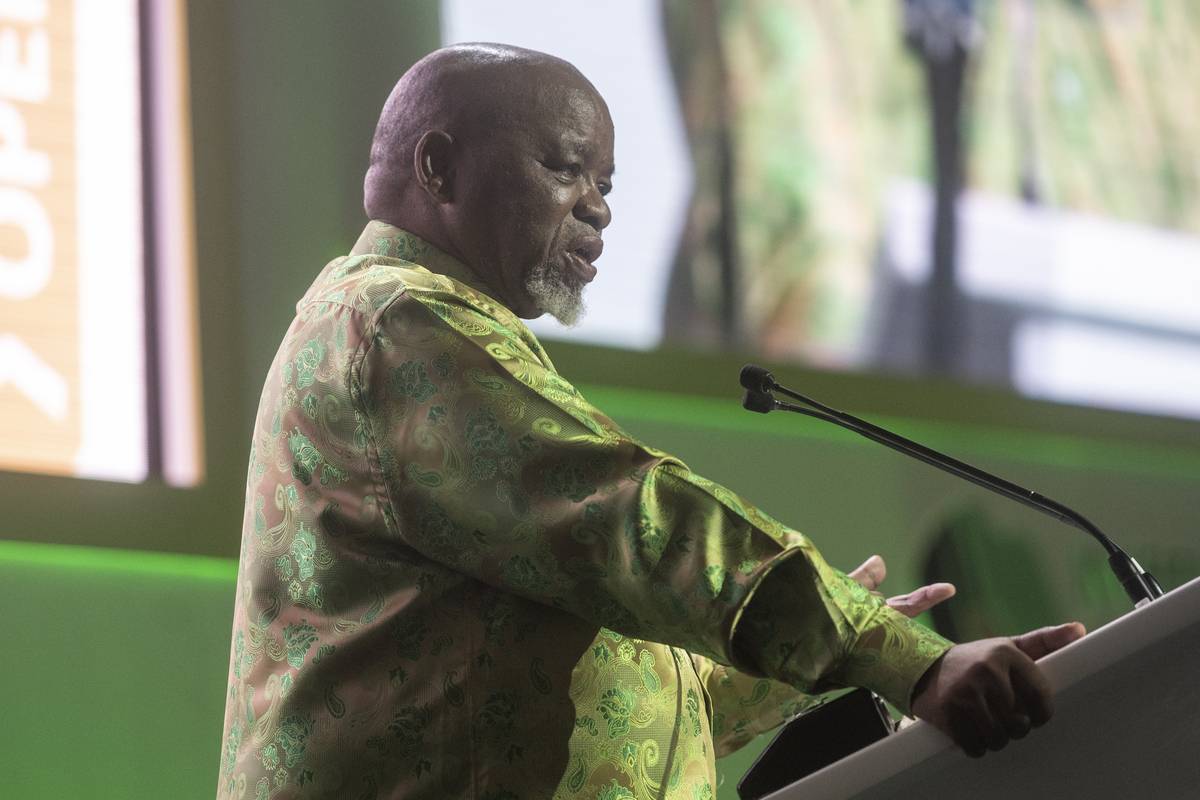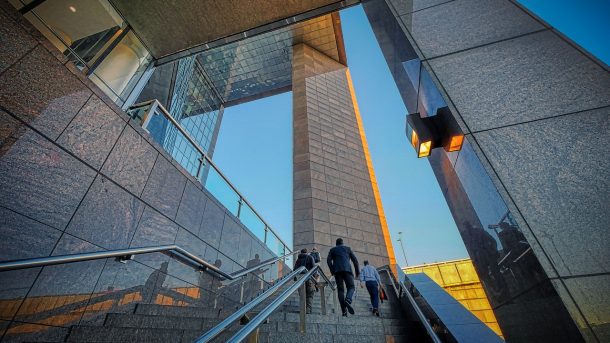

South Africa could turn to Russia or Iran to expand its civilian nuclear power capacity, a senior government minister has said. This is a stance that analysts say could deepen a rift with the US and delay further the renewal of a strategic energy pact, Reuters has reported.
South Africa, which operates Africa’s only nuclear power plant, Koeberg, plans to add 2,500 megawatts of new capacity to tackle electricity outages that have plagued the economy, as well as to reduce carbon emissions.
“We can’t have a contract that says Iran or Russia must not bid, we can’t have that condition,” explained Minister of Mineral and Petroleum Resources Gwede Mantashe, one of the government’s leading proponents of expanding nuclear capacity. “If they are the best in terms of the offer on the table, we’ll take any [country].”
The country is under scrutiny from Washington after US President Donald Trump issued a far-reaching executive order this month halting overseas aid. Among other criticisms, the order claimed — without providing evidence — that South Africa was “reinvigorating its relations with Iran to develop commercial, military and nuclear arrangements.”
READ: ‘No chance’: South Africa says won’t withdraw Israel genocide case despite Trump threats
Pretoria has no bilateral cooperation with Iran on nuclear power or any nuclear-related technology, the office of South African President Cyril Ramaphosa pointed out.
A US State Department spokesperson did not comment on the possibility of Iran or Russia helping South Africa expand its civilian nuclear capacity.
A South African tender for nuclear projects was planned initially for last year. However, it has been delayed for further consultation following legal challenges led by the then opposition Democratic Alliance, which is now part of the coalition government.
Pretoria and Washington had been seeking to conclude a new civilian nuclear pact after almost a decade of talks. Known as a Section 123 Agreement, it is a prerequisite for exporting US-made nuclear fuel or equipment.
“The allegations made in the executive order can complicate getting the agreement renewed significantly,” said Isabel Bosman, a nuclear energy researcher at the South African Institute of International Affairs. The State Department spokesperson did not comment on whether Trump’s executive order would affect talks between the two countries.
The previous 123 agreement, implemented in 1997, lapsed in December 2022. Negotiations for a new agreement have already been finalised at a technical level, but nothing is signed yet as legal processes on both sides were incomplete, said Zizamele Mbambo, a senior official in South Africa’s energy ministry. “As far as we know both sides remain firmly committed to conclude this new agreement.”
Failure to secure a new deal could block South African power utility Eskom from sourcing reactor fuel from Westinghouse for Unit 1 at Koeberg, say industry analysts. Unit 2 is supplied by France’s Framatome.
It may also hinder US companies, such as the Bill Gates-backed TerraPower and ASP Isotopes from investing in South Africa during a global atomic renaissance, added the analysts.
READ: Netanyahu says with US support, ‘we can finish the job’ against Iran
.



